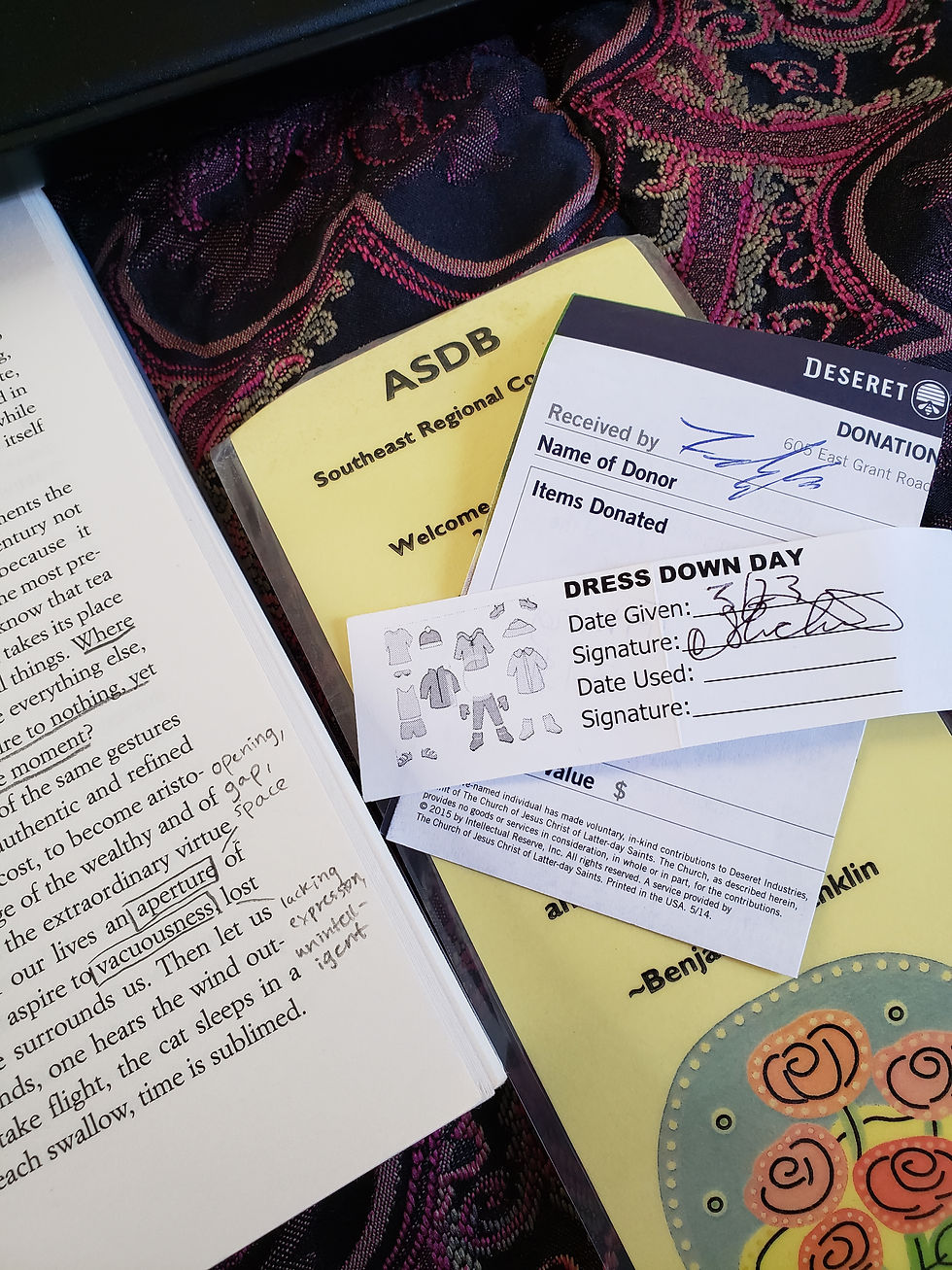Suddenly the cleric class makes more sense
- A. Beckert
- Oct 15, 2020
- 2 min read

Much of The Red Church is a compendium of techniques, charms, materials, and instructions. I'm glad to have them for future reference and creative inspiration, but it's more the philosophy and history I'm into.
Fantasy series/worlds come under scrutiny for their magic systems. All the time. It's a favorite subject for fans and aspiring authors. The D&D cleric class has stumped me a bit for a number of reasons, but how magic function could be connected to worshiping a god did… not click… at all. Why spell slots? Why levels? Shouldn't a priest position be more political? Where's the rest of the church? How does this nut get away with not being tied to a church? Wouldn't it make more sense for a cleric to be a more combat-oriented class, like a crusader? Honestly, lotta questions.
But now it makes sense. The way Bilardi describes the work, acquiring instruction, and the immense pains he took to separate faith healing from "magic" and all the weight and connotations of that word… yes, I will forever imagine clerics as a model of these healers.
Some features: The individual has genuine faith in their higher power and its virtuous motives. The individual is called to a special mission and has an inherent or bestowed talent above other believers. The individual learns/gains special or secret knowledge to accomplish their mission and like a skill, it improves with practice. The source of the individual's success or efficacy is the god, not an inherent power of their own or any command of the God.
Debating the theology is fun, and there's plenty of flexibility, but those connections helped me sort the cleric class in with the magic users. Which for some reason was very difficult for my brain bits.





Comments